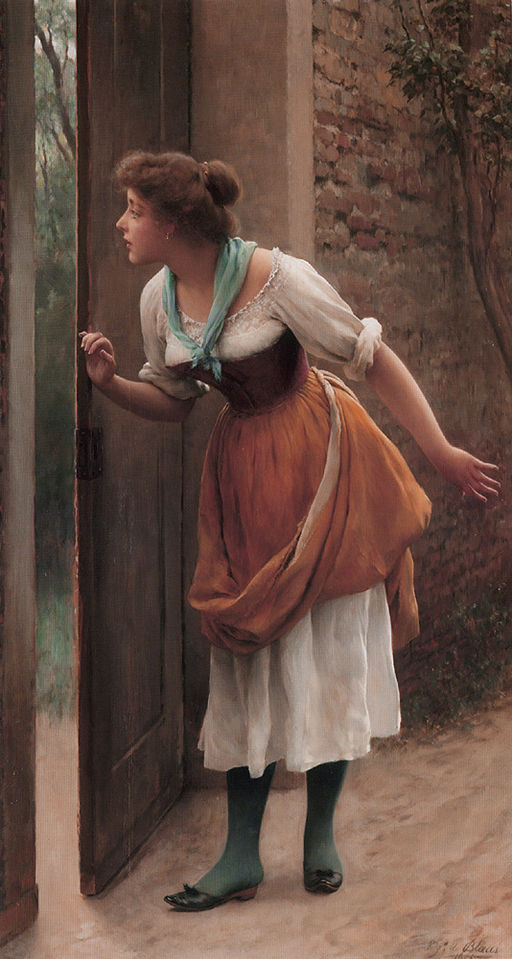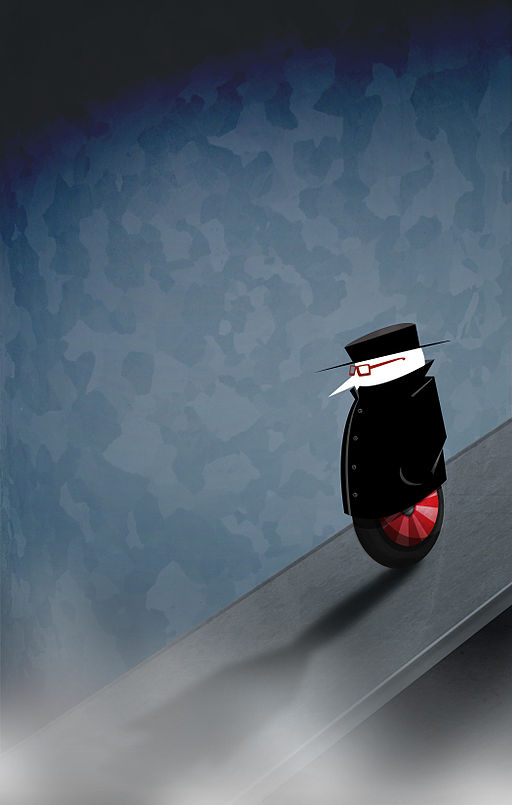
Around 10:30 Monday morning I walked up to the line of carts outside the supermarket, quarter in hand. The next available trolley had two beer cartons in it. I hesitated. If I didn’t want that one, along with the job of removing someone else’s garbage, I would have to walk halfway across the parking lot to the next row of carts. I shoved my coin in the slot, the locking mechanism released, and I tugged the cart. It did not move with gentle effort.
Word count: 483 Reading time: about 2 minutes
The boxes were full. One carton held two dozen bottles of beer, the other two dozen cans. I looked over my shoulder for a hidden camera. I surveyed the parking lot to see if anyone was frantically tearing his hair looking for lost treasure. Then I pushed the cart into the store and ferried that heavy load around as I shopped.
That type of ordinary beer has a shelf life of 3-6 months and only a total collapse of the brewing, spirits and wine industry would induce us to drink so much of it so fast. So I wheeled my cart over to customer service and a smiling supervisor relieved me of the found fortune. She promised to take it to the staff picnic if it remained unclaimed.
Regardless of the fate of the beer, I had the reward of imagining who, how, and why it ended up in that shopping cart. My storylines, as always, started with questions:
- Had someone decided impulsively to stop drinking?
- Had someone decided for them and stolen and stashed their beer?
- The Liquor Store* had opened only at 9:30. Was the purchase abandoned within an hour of being made?
- Had people been partying near the shopping centre the night before and did they drunkenly forget their last brews? If so, who pushed the shopping cart up the small slope and locked into place?
- What were my rights of salvage if I decided to keep it? Did the losers-weepers rule apply?
From these I conjured a number of stories and resolutions. I imagined a grateful beer owner being handed back his or her prized bottles and cans. I imagined someone thanking me, then learning I’m about to have a book published. I imagined this person saying, “I’m a movie producer. I love your story! I must buy the rights to your book.”
One of the joys of writing is the infinite number of stories in the universe. One of the frustrations of writing is the infinite number of stories in the universe. Some, like this one, appear like cottonwood seeds on the breeze. They blow in and out of view quickly. While they’re in our sight, they give our imaginations an intense five-minute workout.
Have you had a dull day brightened by an unexpected story recently? Has yours been transitory and forgotten or did it develop into something more lasting?
* this is BC after all and we cannot be trusted to buy our alcohol at a supermarket.
***
Photo from Wikimedia Commons: Reihe_Einkaufswagen by 4028mdk09
 Thursday, February 20, 2014 at 3:46PM
Thursday, February 20, 2014 at 3:46PM 



